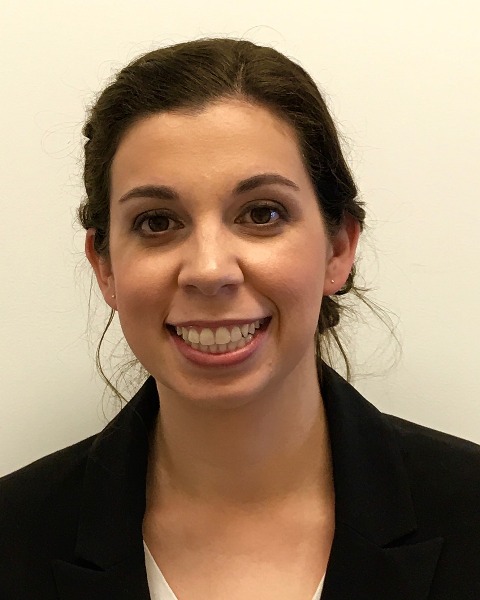
Cellular Technologies
An Innovative Cell Culture Platform that Enables the Generation of Thousands of Three-Dimensional Cultures in One Flask

Amy C. Kauffman, PhD
Senior Development Engineer
Corning Life Sciences
Kennebunk, ME, United States
Primary Author - January Poster(s)
Three-dimensional (3D) cell culture models have been shown to better mimic the in vivo environment compared with traditional monolayer 2D cell culture models. Spheroids, which are 3D round aggregates of cells, are becoming critical physiological models for researchers in many areas from basic science to medical research due to the more realistic physiology and measured responses from cells cultured in 3D. Further, as cancer research and advanced therapy development progress, bulk production of spheroids can support applications such as compound screening, 3D cell culture banking, personalized medicine, extracellular vesicle production, and more. While there are many current practices for producing high quality spheroids, scaling up to obtain large quantities can be inefficient and may not generate spheroids of consistent reproducible shape and size. To solve this challenge, the Corning® Elplasia® Flask is a new high-density static cell culture platform that contains 152 microcavities per cm2 to support individual spheroid growth in each microcavity sharing a common media reservoir. Each microcavity is round bottomed and coated with Corning ultra-low attachment surface to support the generation of ~12,000 spheroids in the footprint similar to a T-75 flask. Here we demonstrate the bulk production of HT-29 spheroids with consistency in both diameter and circularity produced from the Corning Elplasia Flask over a two-week time course. These results are also compared to other current methods of bulk spheroid production utilizing traditional flat-bottom ultra-low attachment coated vessels or as aggregates in suspension with a disposable spinner flask. These results demonstrate the production of high quality and more consistently shaped and sized spheroids from the Corning Elplasia Flask than either of the alternative methods. Additionally, this small footprint platform is compatible with many cell types, typical to T-Flask culture, that can support the research and development of life-saving treatments and 3D cell culture model breakthroughs that 2D cell culture simply cannot.
 View Leader Board
View Leader Board
SLAS Events

1st Prize - Comp Reg + Hotel/Airfare to SLAS2023 in San Diego
2nd Prize - $50 Starbucks Gift Card
3Rd Prize - $25 AMEX Gift Card
Keep an eye on the leader boards to see who’s at the TOP. Winners will be announced after SLAS2022.
Each participating poster in the exhibit hall will have a QR code next to it. For virtual participants, look for the scavenger hunt icon for participating posters.
